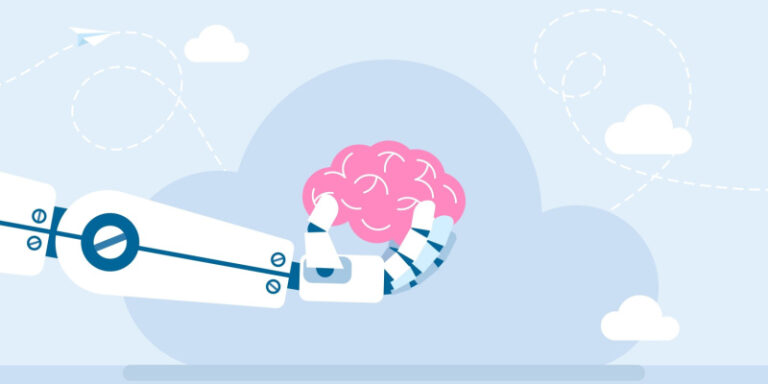Although it is Mental Health Awareness Month, the topic of mental health and resilience in the workplace has gained popularity on social media. However, does frenzied discussion around the topic only when it’s hot actually help raise awareness, combat bias, or eliminate misinformation throughout the year? Are companies successful in developing and promoting effective mental health strategies and programs? Where exactly are we when it comes to creating work cultures that support mental well-being?
According to Gartner Research, more than half of employees (54%) believe their organization’s wellness programs lack adequate personalization. This is a worrying statistic. This highlights the fact that even if organizations do their best, there is often a problem in aligning support and demand. There may also be a distinct lack of choice when it comes to support programs, with only 19% of employees feeling they have enough programs to choose from and access, even in organizations that provide mental wellbeing support.
In this month’s Editorial Review, we look at some recent articles from our guest authors that focus on mental health awareness, how conversational automation and people analytics can transform mental health at work and how we can connect and collaborate to build a culture of emotional support at work.
Let’s take a closer look at the articles featured this month.
How people analytics can transform the conversation around mental health in the workplace
Mayuri Chaudhary, from our editorial team at Spiceworks, explains how people analytics and predictive analytics can improve mental wellbeing in the workplace and elevate support systems. It is essential to be aware of the stressors that affect employees and recognize that there are individual differences in how we perceive and deal with stress. Different people therefore have different support needs, and the analysis could help bridge the gap between supply and demand. Read on to learn more about the need to monitor mental health initiatives and the trends to follow in the recent future.
Disconnect to reconnect
Alert fatigue is real. We live in an age where we accept the constant and ongoing bombardment of information. With the usual information overload we face between all our push notifications, constantly-on gadgets, and a 24-hour news cycle, alert fatigue and burnout are everywhere. Lorrisa May, Head of Social Media and Influencer Marketing at Molekule, explains why we need to disconnect from our devices and reconnect with ourselves. It’s time to stop rewarding employees for working too much. We need to move away from our always-on culture and start tackling burnout on a cultural level.
The conversation automation revolution
Tools like ChatGPT have brought conversational AI and intelligent chatbots to public attention. Anu Shukla, co-founder and executive chairman of Botco.ai, explains how chat AI can enable more people to access support simultaneously.
As mental and emotional health challenges continue to grow, access to the right type of support remains scarce. Conversational AI can make care and support accessible to more people through virtual sessions. Although it is in its infancy, conversational automation is improving by leaps and bounds, and the guidelines monitoring data storage and usage are also improving.
Building a culture that prioritizes mental health
Building a culture of mental health is essential when it comes to attracting, motivating and retaining top talent. Matt Jackson, Head of North America at Unmind, discusses three strategies businesses can use to promote a culture of mental health.
Employees need more than basic EAPs (Employee Assistance Programs) to thrive: they need an environment that truly understands and supports them and allows them to realize their true potential. Happiness at work and mental health are not just items on a checklist: they must be at the forefront of our minds every day, in every process, every interaction and in every employee’s professional life.
Becoming a leader in mental health
In today’s fast-paced and demanding work environments, it is crucial to recognize the importance of mental health. Organizations must prioritize the well-being of their employees to foster a thriving and productive workforce. Just as physical health is essential, mental health plays a central role in ensuring employee satisfaction, engagement and overall success.
By creating a culture that promotes psychological safety, encourages open dialogue, and provides necessary resources and support, companies can empower their employees to bring their best to work. Recognizing and treating mental health issues not only benefits individuals, but also contributes to the collective success of the organization. It’s time for businesses to invest in the mental well-being of their employees, paving the way for a healthier and more resilient work environment.
What article did you enjoy reading this month? Let us know what you like to read about Facebook, TwitterAnd LinkedIn. We would love to hear from you!
Image source: Shutterstock
